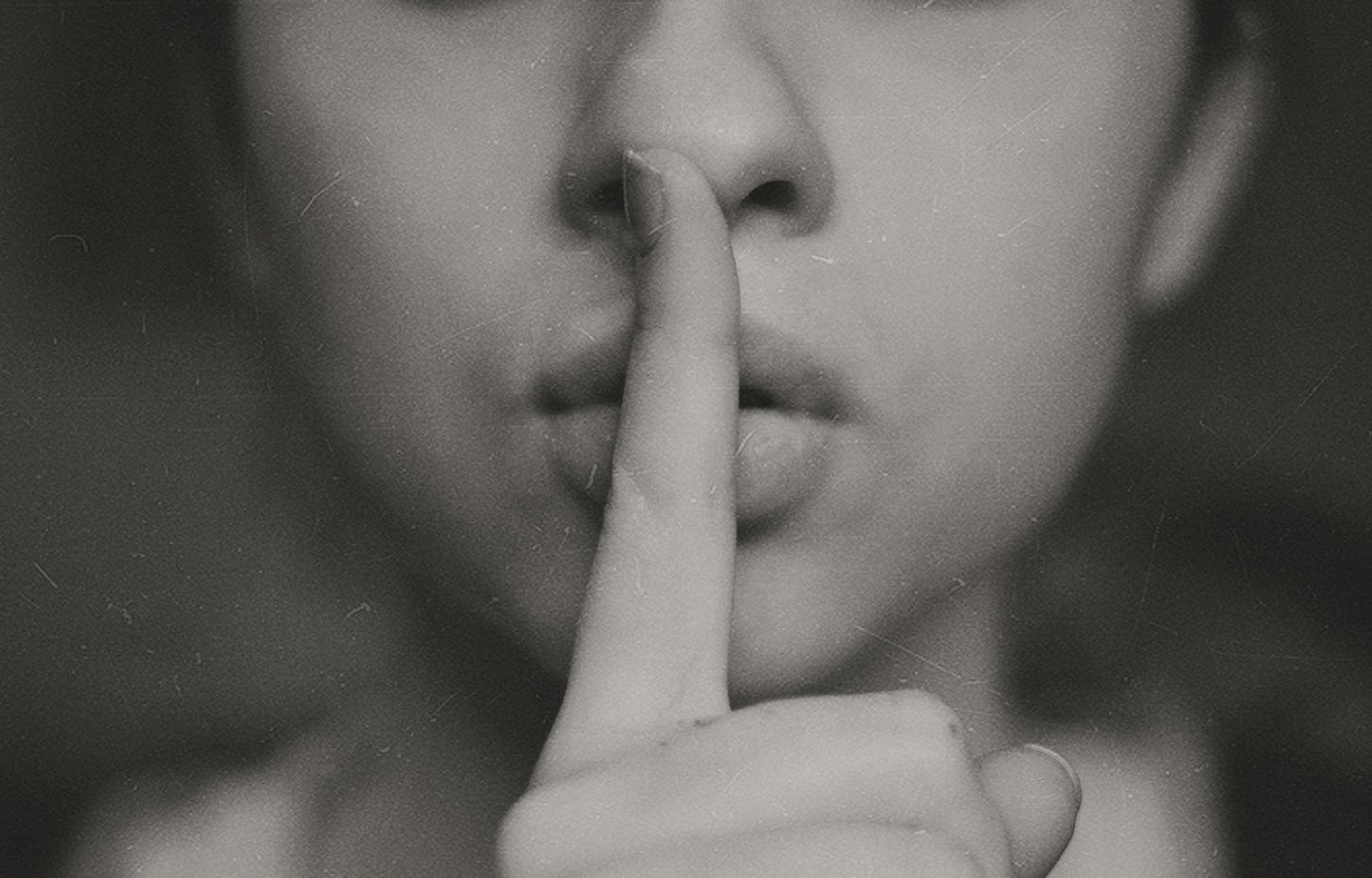I’ve been chewing on the word ‘quiet’ recently… a simple, unassuming word. Somewhat onomatopoeic and almost apologetic. It’s like a full stop. Even when uttering it, it slips gently from the sides of the mouth and silence follows (a sullen one if used as a directive). It’s certainly not a sexy word, indeed, it seems used more as a negative these days. Is it shutting down dissension? Perhaps describing something unambitious or boring?
And yet quiet is one of the most powerful things in the world.

It’s in the quiet that magic happens. Deep thoughts, processing, creativity and invention. ‘Solitude is a catalyst of innovation’ (Susan Cain). Quiet people are the ones to watch: the listeners and processors. Because ‘quiet is turning down the volume knob on life (Khaled Hosseini)’. Less is more. Silence is golden. Ignorance is bliss. There’s a reason these idioms are so pervasive. And a friend with whom you can enjoy quiet and silence is typically one of the best.
Words can dramatically shift their emphasis and meaning across time and culture. Take ‘awful’, a word that used to mean ‘full of awe’ (by which definition, ‘awesome’ must have meant just a bit good) ‘decimate’, which meant reduce by only 1 in 10; ‘naughty’, which once just meant you had naught or nothing or ‘egregious’ which used to be a good thing- eminent or distinguished. But of course words morph… because language and words are powerful and critical to our understanding of the world. Indeed, their changing meanings can alter our perception of the world. Words are weaponised to disparage and shut down debate (typically any word ending in ‘ist’); and there is much recent commentary about how the rapidly growing overuse of medicalised therapy language is, in itself exacerbating mental health
New words are appearing every year. Some recent Mirriam-Webster additions include ‘padawan’, ‘rewild’, ‘GOAT’, ‘tabata’ and ‘doomscroll’ (although my spell-check hasn’t caught up)... all fascinating insights into a world of rapid cultural change (and god knows what the kids are doing at the moment with words like ‘rizz’ and ‘skibidi’ but i know enough not to use them myself).
There are also some wonderful words that exist in other cultures that encapsulate everyday feelings beautifully, but aren’t available to us in English. A few now sit in a rotating box in our bathroom thanks to a brilliant gift:
‘Qurencia’ (Spanish): Describes a place where we feel safe, a ‘home’ (which doesn’t literally have to be where we live) from where we draw our strength and inspiration. In bullfighting, a bull may stake out a querencia in a part of the ring where he will gather his energies before another charge’
‘L’Espirit de L’Escalier’ (French): The witty or cutting retort that we should have delivered to a frenemy but that comes to mind only after we’ve left the gathering and are on our way down the stairs. Captures our maddening inability to know how to answer humiliation in real time.
‘Duende’ (Spanish): A heightened state of emotion created by a moving piece of art.
‘Dustsceawung’ (Old Engligh): Contemplation of the fact that dust used to be other things - the walls of a city, the chief of the guards, a book, a great tree: dust is always the ultimate destination. Such contemplation may loosen the drip of our worldly desires.
‘Huzun’ (Turkish): The gloomy feeling that things are in decline and that the situation - often political in nature - will probably get gradually worse. Despite the darkness, there’s a joy in having the word to hand, sparing us from a personal sense of persecution and reminding us that our misfortunes are largely collective in nature’
And it’s antidote:
‘Yunen’ (Japanese): Gives a name to a mood in which one feels that the universe as a whole possesses a mysterious, elusive, but real, beauty. Moonlight, snow on distant mountains, birds flying very high in the evening sky, and watching the sun rise over the ocean all feed this sensibility.
So I put it to you all, how can we make ‘quiet’ sexy again? How can we reclaim it as a positive?
As entrepreneurs we can sell to negatives or we can sell to positives. And I suspect we’re all yearning for a little more quiet. Less anger, distraction and endless information in this increasingly noisy world. The devices in our pocket have removed even the quiet moments we might have experienced behind a locked toilet door or those in the moments before we drift off to sleep. But that contented sigh as the door closes to the last guest at a noisy party and the house falls silent is potentially possible for our brains every time we disconnect.
And so, this Friday morning, please take a quiet moment to enjoy my favourite poem:
Leisure by William Henry Davies
What is this life if, full of care,
We have no time to stand and stare.
No time to stand beneath the boughs
And stare as long as sheep or cows.
No time to see, when woods we pass,
Where squirrels hide their nuts in grass.
No time to see, in broad daylight,
Streams full of stars, like skies at night.
No time to turn at Beauty's glance,
And watch her feet, how they can dance.
No time to wait till her mouth can
Enrich that smile her eyes began.
A poor life this if, full of care,
We have no time to stand and stare.





I really admire your character, Jess. Wishing you all the best and genuine peace.
Best regards from Iran.
I like the Italian "calma", often spoken by parents to their children.